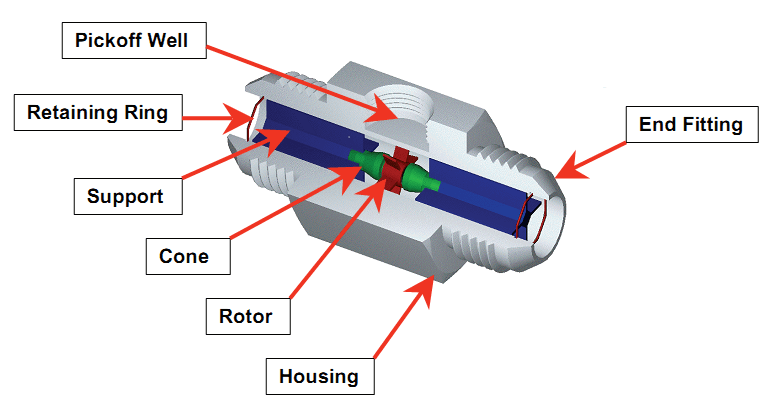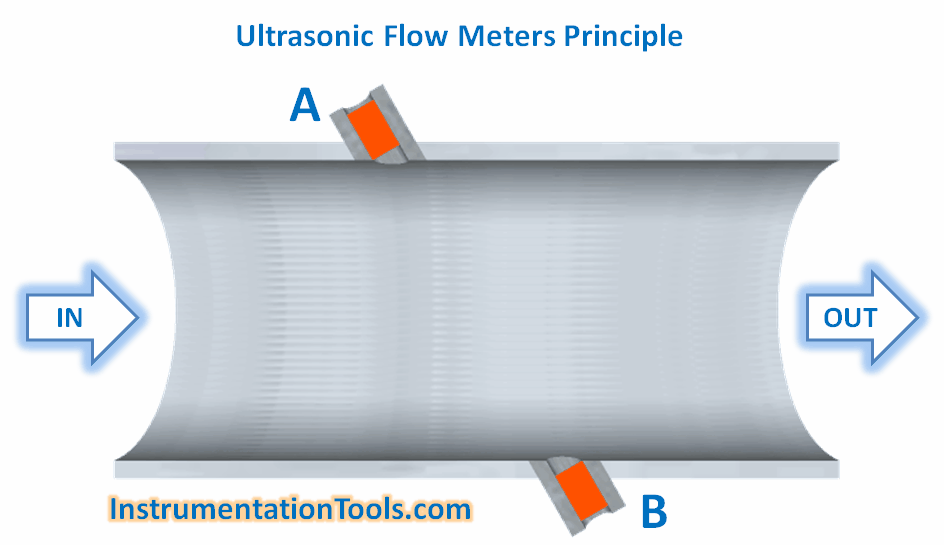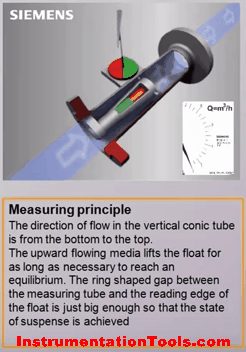Coriolis flow meters measure real mass flow whereas thermal mass flow meters are dependent of the physical properties of the fluid.
Mass flow meter working principle animation.
Mass flow meters are the types of flow meters which are mainly employed in mass related processes such as chemical reactions heat transfer etc.
When there is mass flow the tube twists slightly.
Conversely decelerating fluid moves away from the point of peak amplitude as it exits the tube.
Fluid is being pumped through the mass flow meter.
The purpose of the animations is to illustrate the operating principle and to show the connection with rotation.
There are numerous types of mass flow meters available in the industry.
Coriolis flow meter principles the basic operation of coriolis flow meters is based on the principles of motion mechanics.
Vortex flow meters are ideal for steam flow measurement because other mass flow meters or volumetric flow meters cannot measure steam.
When there is mass flow the tube twists slightly.
The animations on the right do not represent an actually existing coriolis flow meter design.
Differential pressure techniques can be used for indirect mass flow measurement of steam but as mentioned above direct mass flow measurements are much better than indirect mass flow measurement.
This is the principle of operation of a de laval nozzle.
However the most widely used type is the coriolis meter.
True mass flow measurement is an important development across industry as it eliminates inaccuracies caused by the physical properties of the fluid not least being the difference between mass and volumetric flow.
It measures the mass per.
The mass flow rate is the mass of the fluid traveling past a fixed point per unit time.
The mass flow meter does not measure the volume per unit time e g cubic meters per second passing through the device.
In all these processes accurate measurement of flow is the prerequisite.
Increasing source temperature will also increase the local sonic velocity.
However mass flow rate for a compressible fluid will increase with increased upstream pressure which will increase the density of the fluid through the constriction though the velocity will remain constant.










